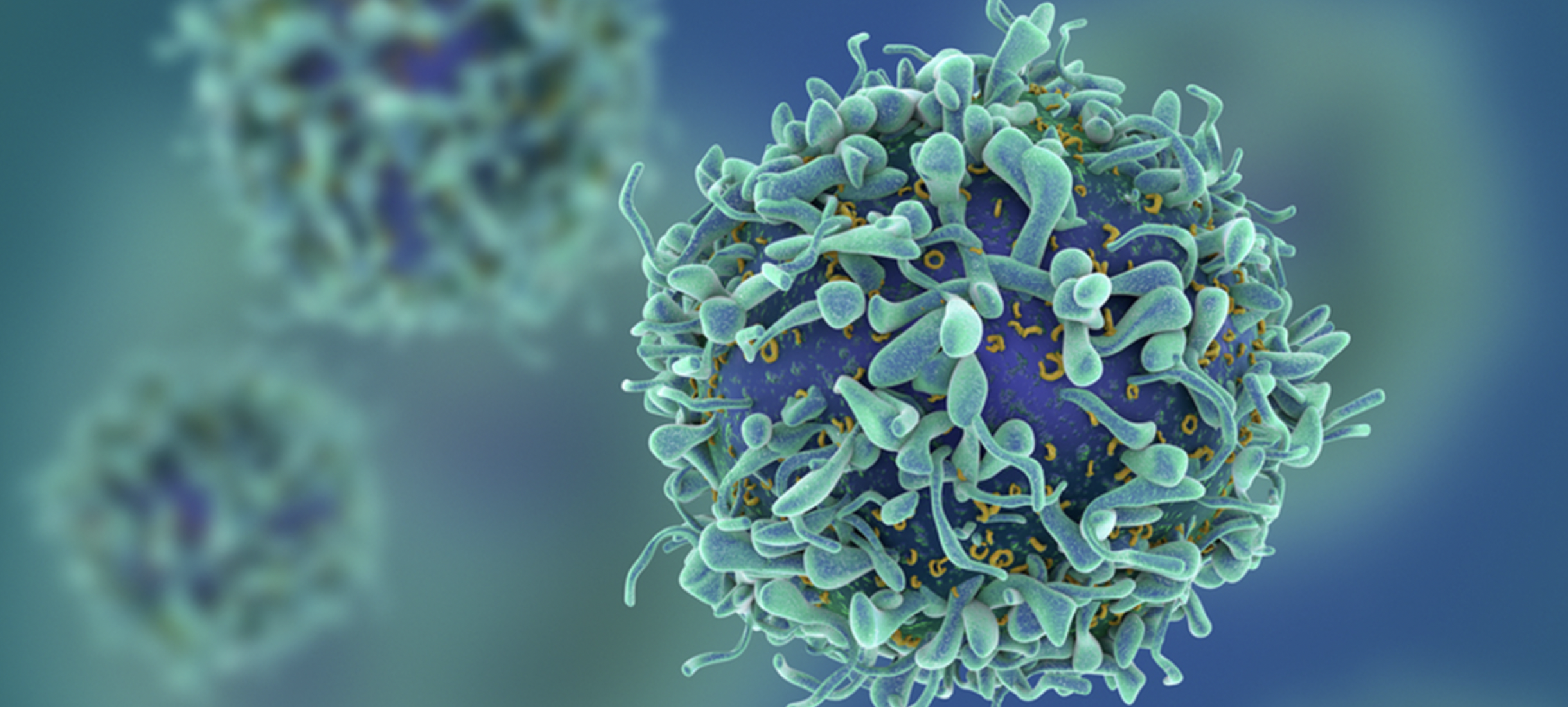Sarcomas Treatment Program

Sarcomas are rare cancers that can affect individuals of all ages and develop in various types of body tissues, including nerves, fat, muscles, blood vessels, fibrous tissue, bones, tendons, deep skin tissues, and cartilage. They are generally classified into two main categories: soft tissue sarcomas and bone sarcomas, the latter often referred to as bone tumors.
TREATMENT:
Treatment options for sarcomas can vary depending on the specific case. Here are some possible treatment approaches:
- Surgery : Surgical intervention is commonly used to treat sarcomas. It involves the removal of the tumor and surrounding healthy tissue.
- Surgery and radiotherapy : In some cases, a combination of surgery and radiotherapy may be recommended. Surgery removes the tumor, while radiotherapy helps target any remaining cancer cells.
- Radiotherapy and chemotherapy : Another treatment option is a combination of radiotherapy and chemotherapy. Radiotherapy targets cancer cells with high-energy radiation, while chemotherapy uses drugs to destroy cancer cells throughout the body.
- Chemotherapy, to resume the association of surgery with chemotherapy and eventually with radiotherapy. The latter has been put in the background due to the risk of developing osteosarcomas in the radiated areas.
It has been established that once the diagnosis has been confirmed, the treatment must be multimodal and interdisciplinary. This is done after confirming the stage of the neoplasia and must include in the onco-surgical treatment, cosmetic and reconstructive aspects that facilitate the beginning of the Rehabilitation and palliative treatment.
Surgical treatment for Sarcomas
Surgery is often an effective treatment for sarcomas, a type of cancer that mainly affects connective tissues. It involves removing the sarcoma tumor and nearby healthy tissue. In some cases, more extensive procedures like limb amputation may be necessary to address the advancement of sarcoma cancer.
Here are some specific surgical treatment options for sarcomas:
Soft Tissue Sarcomas
- Malignant Soft Tissue requiring extended Surgery with locoregional emptying
- Malignant Soft Tissue requiring Shoulder dislocation
- Malignant Soft Tissue requiring Arm Amputation
- Malignant Soft Tissue requiring Femur Amputation
- Malignant Soft Tissue requiring Surgery Reconstruction
- Malignant Soft Tissue requiring hip disarticulation
- Malignant Soft Tissue requiring knee disarticulation
Bone tumors medical programs
- Malignant Bone requiring Arm Amputation
- Malignant Bone requiring Femur Amputation
- Malignant Bone requiring hip disarticulation
- Malignant Bone requiring shoulder disarticulation
- Malignant Bone requiring knee disarticulation
Ewing’s Sarcoma
Ewing’s sarcoma is a highly malignant neoplasm that predominantly affects children and adolescents. It is most commonly diagnosed between the ages of 5 and 25, with a higher incidence in males and rare occurrence in individuals of black race.
PLEASE NOTE THE FOLLOWING IMPORTANT INFORMATION:
- The above program does not include medications for certain conditions such as
depression, blood coagulation, etc. - Medicaments, fluids, blood and derivatives to be used, as well as additional procedure(s)
performed not included in the exact treatment would be invoiced separately on upon the conclusion of said treatment / procedure(s)
ACCOMMODATION:
Private room with the following features:
- Electronic patient bed
- Equipment for disabled patient
- Oxygen hookup
- Three AP meals taking into account the patient’s preferences and / or special diets prescribed by physician
- Fully equipped private bathroom
- Infirmary and nursing care
- Colour TV with national and international channels
- Local and international phone services (extra cost will apply)
- Safe box
- Internet service on every floor
- Laundry services
ADDITIONAL SERVICES INCLUDED IN THE PROGRAM:
- Assistance in visa issuance and extension (If needs be)
- Each patient/ companion will be assigned a multi-lingual field member with the mandate of attending to all of our patients’ translation and personal needs
- 20 hours internet service;
- Local airport pickup and drop off
- Hospital pickup and drop off (if needed)
